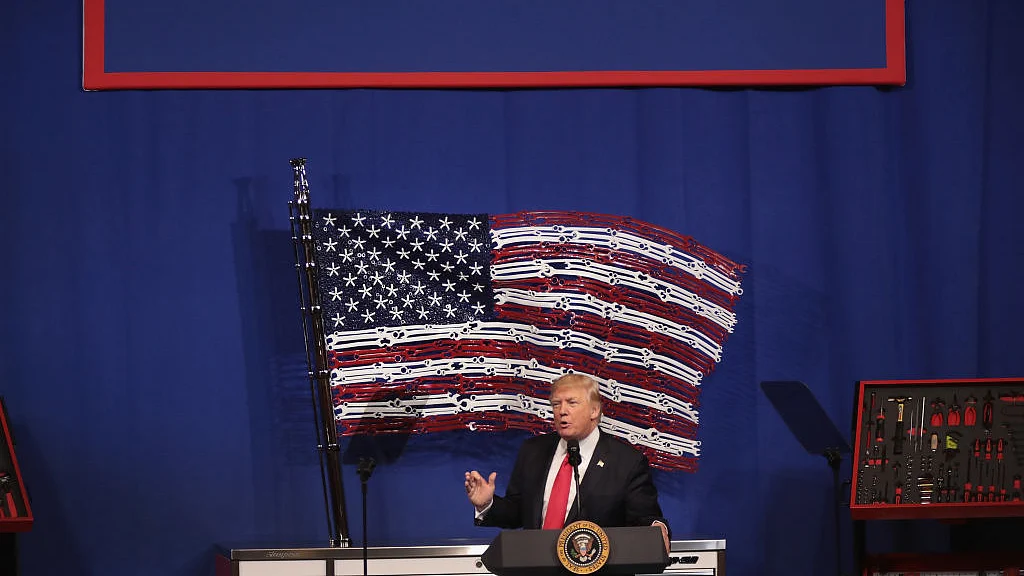Indians likely to be hit as US tightens H1-B visa rules
The Donald Trump administration has stated that hiring firm has to prove that the employee has specific and non-qualifying speculative assignments; the employee itineraries also need to be shared

The US government-led by Donald Trump has made it even more difficult for companies and individuals to get the H1-B work visa. In the eventuality that one gets it, it will not be for three years, says a statement released by the US Immigration Services.
Indians and Indian IT companies are likely to be impacted the most because they are apply for the visa the most. The shorter duration visa will make it the transition from H-1B to a green card extremely difficult, if not impossible.
A memorandum issued by the US Citizenship & Immigration Services (USCIS) on February 22 said that its officers could seek detailed documentation and more evidence from companies to establish that they have specific assignments in a specialty occupation for the H-1B beneficiary. And that they have these assignments for the entire time requested on the petition.
The hiring firm has to prove that its employee working at a third-party work site has specific and non-qualifying speculative assignments in specialty occupation,” stated USCIS in a release. Under the new policy, the USCIS says the employers must provide contracts and itineraries for employees who will work at a third-party location.
Noting that the latest move appeared to be at odds with the Trump Administration's effort to reduce regulation and red-tape, National Association of Software and Services Companies (Nasscom) president R Chandrashekar said, “ Initial perusal suggests that the new policy applies to all third-party placements and not just involving Indian or dependent companies. The new measure will be an unnecessary and expensive burden that will not make much difference to our member firms, which are in the business of providing solutions to client companies.”
Currently, H-1Bs are issued for three years, and, most often, they were extended for another three years with limited formalities. The Trump administration has made the process of extension even more difficult.
The H-1B programme offers temporary US visas that allow firms to hire skilled overseas professionals working in areas with shortage of qualified American workers.
With inputs from IANS
Follow us on: Facebook, Twitter, Google News, Instagram
Join our official telegram channel (@nationalherald) and stay updated with the latest headlines
